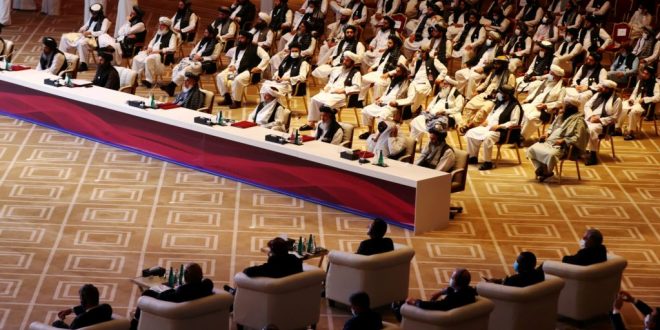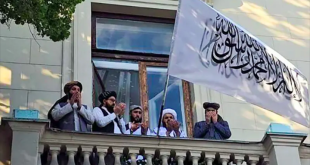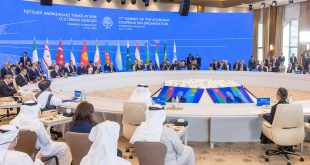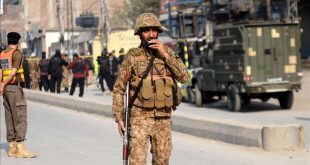AT News
KABUL: Afghan officials are concerned by the deadlock in the second round of the intra-Afghan negotiations being held in Qatari capital of Doha.
Deputy speaker of the lower house of the parliament, Mohammad Mirza Katawazai said that there was no progress in the negotiations between the two sides.
“The second round of the negotiations begun but there is no result as of now at least a ceasefire should have been agreed,” he said. “The Wolesi Jirga believes that the negotiations are in the verge of dying.”
But a member of the government negotiating team, said that the government is committed to peace. He said that the government didn’t accept the US-Taliban peace deal as the fundamental of the intra-Afghan negotiations. The Taliban signed a preliminary peace deal with the US in 29of February 2020 after over tens rounds of talks held between the two sides. The agreement that also laid out American soldiers drawdown in Afghanistan, included the release of 5,000 Taliban prisoners which was followed by the intra-Afghan negotiations.
“Unfortunately, when they (Taliban) came for the second round of the talks, we couldn’t discuss the unification of the agendas or at least exchange views on their and our priorities,” said, Ataullah Lodin, a member of the government negotiating team.
He said that the negotiations included the United Nations pacts and a resolution approved by the UN which were decided by the Afghans in the consultative Loy Jirga held last to lay out the phased release of the Taliban prisoners.
The US nominated Secretary of State Antony Blinken said that Washington would review its deal with the Taliban. He said that if the deal didn’t persevere the achievement of the past two decades, it would not conclude any result.
The new administration sought the end of war, withdrawal of its troops and as well as prevention of the country from turning into a state for terrorisms.
But former chief of intelligence, Rahmatullah Nabil suggested that the US new administration would not make any change in the Doha agreement.
“Some explanation may be questioned or changes may be made, because the negotiation table is a place for transaction and exchanges,” he added. “The (US new administration) would consider which tools it has in hands to put pressure for leverage.”
 Afghanistan Times
Afghanistan Times




